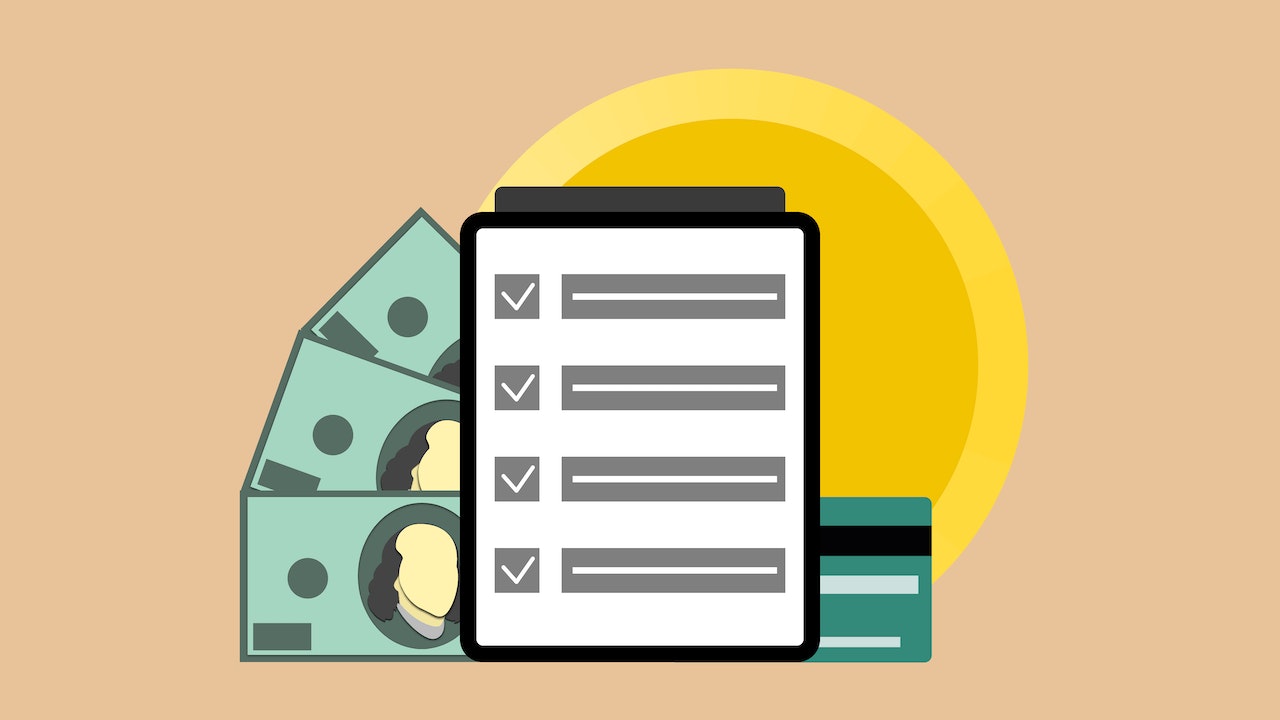Extinguishment Of Debt (And What It Can Mean For You)

Extinguishment of debt refers to the termination or cancellation of a debt obligation.
This means that the borrower is no longer obligated to repay the debt, and the lender no longer has a claim on the borrower’s assets or future earnings.
Debt extinguishment can happen in several ways, including: debt forgiveness, debt restructuring, debt buyback, and debt write-off.
*** SPECIAL NOTE *** – If your credit cards, personal loans, or medical debts have become unmanageable and you owe over $20,000… then go here for debt relief. We can help!
The Four Main Types Of Debt Extinguishment
Debt forgiveness
This occurs when the lender agrees to cancel a portion or all of the debt owed by the borrower.
This is often done as a form of aid to countries or individuals who are unable to repay their debts due to economic or financial difficulties.
Debt forgiveness can also be offered as part of a settlement agreement between the borrower and the lender, where the lender agrees to forgive a portion of the debt in exchange for the borrower agreeing to certain conditions.
Debt restructuring
This is a process in which the terms of a debt obligation are renegotiated to make it more manageable for the borrower to repay.
This can involve extending the repayment period, reducing the interest rate, or converting a portion of the debt into equity.
Debt restructuring is often used as a way to avoid default or bankruptcy, and can be beneficial for both the borrower and the lender.
Debt buyback
This occurs when the borrower repurchases some or all of its outstanding debt at a discount to the face value of the debt.
This is often done to reduce the overall debt burden and to improve the borrower’s financial position.
Debt buybacks can also be used by lenders to dispose of non-performing loans and to reduce their risk exposure.
Debt write-off
Also known as a charge-off, this occurs when the lender removes the debt from its books and no longer considers it collectible.
This typically happens when the borrower has defaulted on the debt and has no ability to repay it.
Debt write-offs are often used by lenders as a way to reduce their losses and to manage their risk exposure.
At Americor, we understand the unique financial challenges people are facing today.
As America’s trusted source for debt relief solutions, we aim to empower you with financial knowledge that can lead to informed decisions, whether it’s about savings, investments, or managing debt.
If your debt has become unmanageable and you have difficulty making your debt payments each month, then you should consider a FREE consultation call with one of our certified Debt Consultants, who can provide personalized debt relief advice tailored to your specific needs.
By taking proactive steps today, you can put an end to your financial stress and work towards a brighter financial future.
Remember, there is always hope for debt relief, and our team of experienced professionals are ready to guide you on your journey to regaining control of your finances.For more information on Americor’s debt relief services, contact us today to see how we can help you eliminate your debts, and get on the fast-track to becoming completely debt-free!